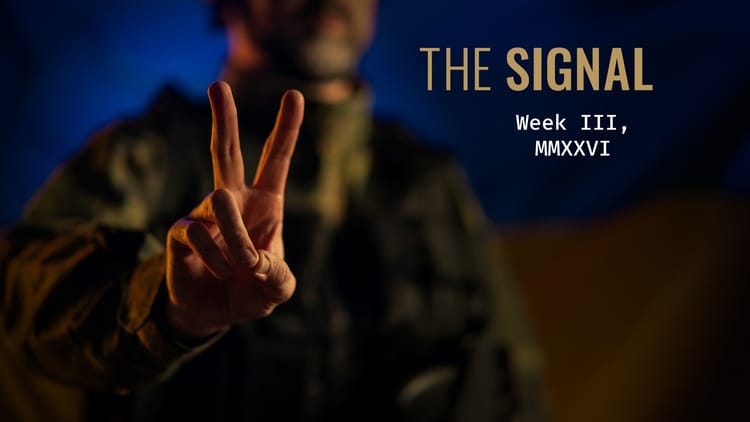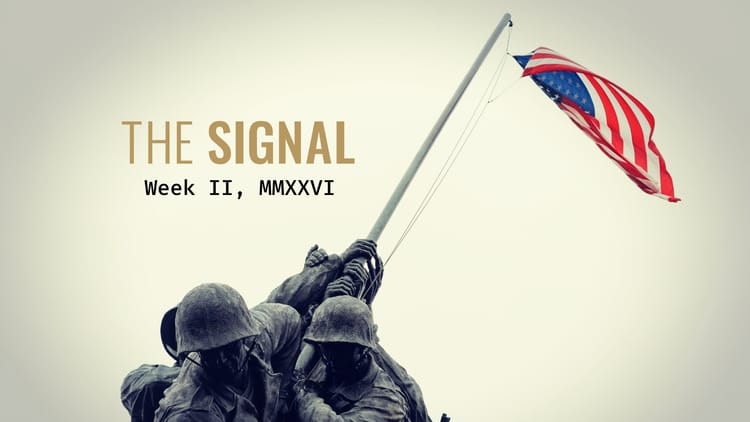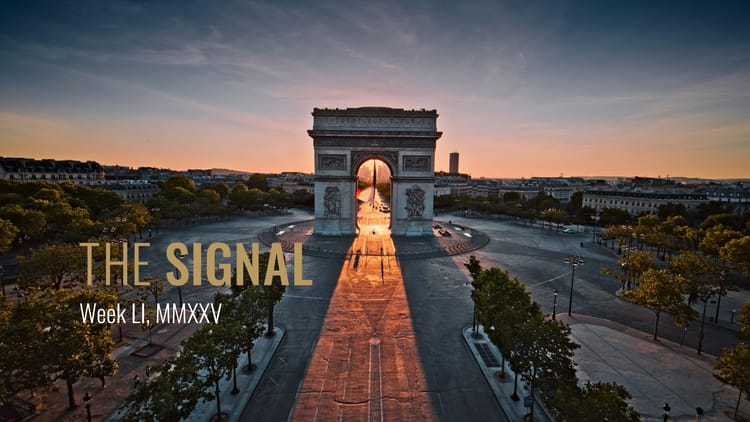Now isn’t now

The news media creates a weird temporal distortion: On a business model driven by our time and attention, it inundates us with endless streams of breaking developments that demand immediate attention, while obscuring the deeper currents that are actually shaping our world. Every day brings new crises—another controversy, another scandal, another “unprecedented” event—that evaporate as quickly as they materialize, overwritten by new headlines, as urgent as the last.
Meanwhile, truly consequential shifts—the quiet accumulation of power, the gradual erosion of institutions, the long-term social and environmental changes that are defining our future—happen outside the news cycle, too slow to drive attention, too complex for the perpetual now of social media feeds. We’re left feeling simultaneously over-informed and under-prepared—exhausted by the constant barrage of information yet somehow missing reality. The irony is that the addiction to immediacy makes us less capable of recognizing what’s immediate in ways that matter, trading understanding for the compulsion to stay current—in currents that don’t actually lead anywhere.
Of course, we don’t really have to live that way. Welcome back to The Signal.
—John Jamesen Gould
The Signal—your loyal guide to a changing world. … The member’s despatch—your weekly briefing on global events, new books, and new music + the weather report: 8.5333° S, 122.7667° E.
More than the news, every week—for less than a fine cup of coffee every month …

Developments
The world in brief, July 5-11
The Gaza gambit
This week, there was a pivotal moment in ceasefire negotiations in Gaza, as Israeli Prime Minister Benjamin Netanyahu met twice with U.S. President Donald Trump in Washington, while Israeli and Hamas negotiators engaged in proximity talks in Doha. Trump’s special envoy Steve Witkoff reported that three of four major sticking points had been resolved, expressing optimism for a 60-day ceasefire deal “by the end of this week.” The proposed agreement would see Hamas release 10 hostages and 18 bodies in exchange for a temporary truce, a surge of humanitarian aid, and the release of Palestinian prisoners.





